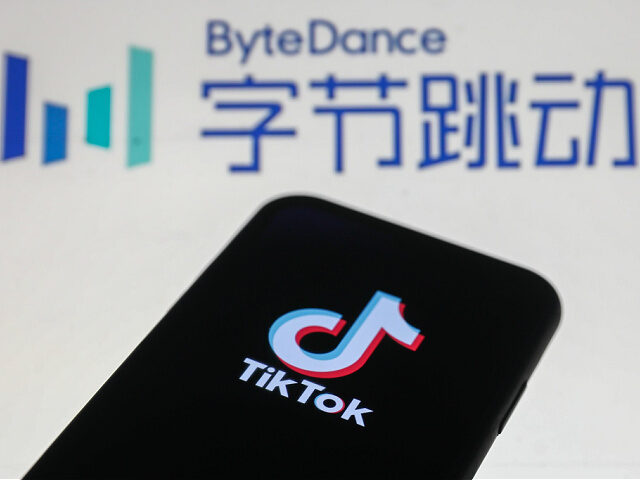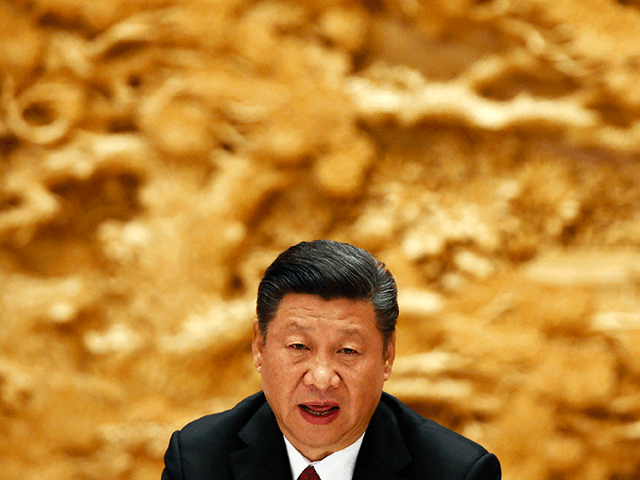The Chinese Communist Party’s effort to stamp out the Cantonese dialect picked up steam on Wednesday with reports that Douyin, the domestic Chinese version of video microblogging platform TikTok, had begun treating Cantonese as an “unrecognizable language.”
Cantonese-language streamers told the South China Morning Post (SCMP) their shows were suddenly cut off in midstream, with error messages from Douyin claiming the broadcasts were using “unrecognizable language or texts.”
Some of these streamers have been running shows with millions of viewers on Douyin for years without serious difficulties, although a few complained about brief interruptions due to “unrecognizable language” errors in the past.
On one notable occasion in April 2020, Douyin banned several streamers for using Cantonese and explicitly encouraged them to switch to Mandarin. ByteDance claimed this was necessary because the fast-growing platform did not yet employ enough content moderators who were fluent in Cantonese.
TikTok sibling app in China cuts off influencers speaking in Cantonese https://t.co/2E6a8kwOKp
— South China Morning Post (@SCMPNews) October 5, 2022
“Banning Cantonese live streamers without a reason … isn’t this discrimination against Cantonese people and the Cantonese language?” one dismayed streamer asked.
ByteDance, the company that owns Douyin and TikTok, did not comment when asked about the new difficulties faced by Cantonese streamers.
The company has previously claimed it plans to roll out more dialect support for Douyin, a promise the Cantonese streamers dismissed as “ridiculous,” since streaming services have been offered since 2018 and Cantonese is hardly an obscure dialect. If ByteDance truly wanted to support Cantonese, its users argue, it would have done so long ago; instead, using Cantonese appears to be growing steadily more difficult.
About 84 million Chinese residents speak Cantonese, making up roughly 4.5 percent of the population, versus about 61 percent who speak Mandarin, the preferred dialect of the Chinese central government, which has renamed it Putonghua or “the common language.” The difference is made up by several other regional dialects.
Cantonese attracts so much animosity from the central government because it is popular in Hong Kong and the Chinese provinces close to it. Beijing wishes to subdue Hong Kong’s sense of independence and unique culture by pushing the island’s residents to speak Mandarin. Cantonese is also popular among Chinese who have settled abroad since many of them emigrated from the Hong Kong area.
The first stage of the Chinese Communist Party’s assault on Cantonese was accomplished by relocating a large number of Mandarin speakers to the island. The SCMP on Wednesday noted the next stage appears to involve pressuring Internet platforms like Douyin to make life inconvenient for Cantonese speakers.
One reason for the renewed anti-Cantonese push is that China’s censorship algorithms have trouble scanning posts written in regional dialects, as in the case of anti-lockdown criticism written by Cantonese-speakers in the province adjacent to Hong Kong.


COMMENTS
Please let us know if you're having issues with commenting.